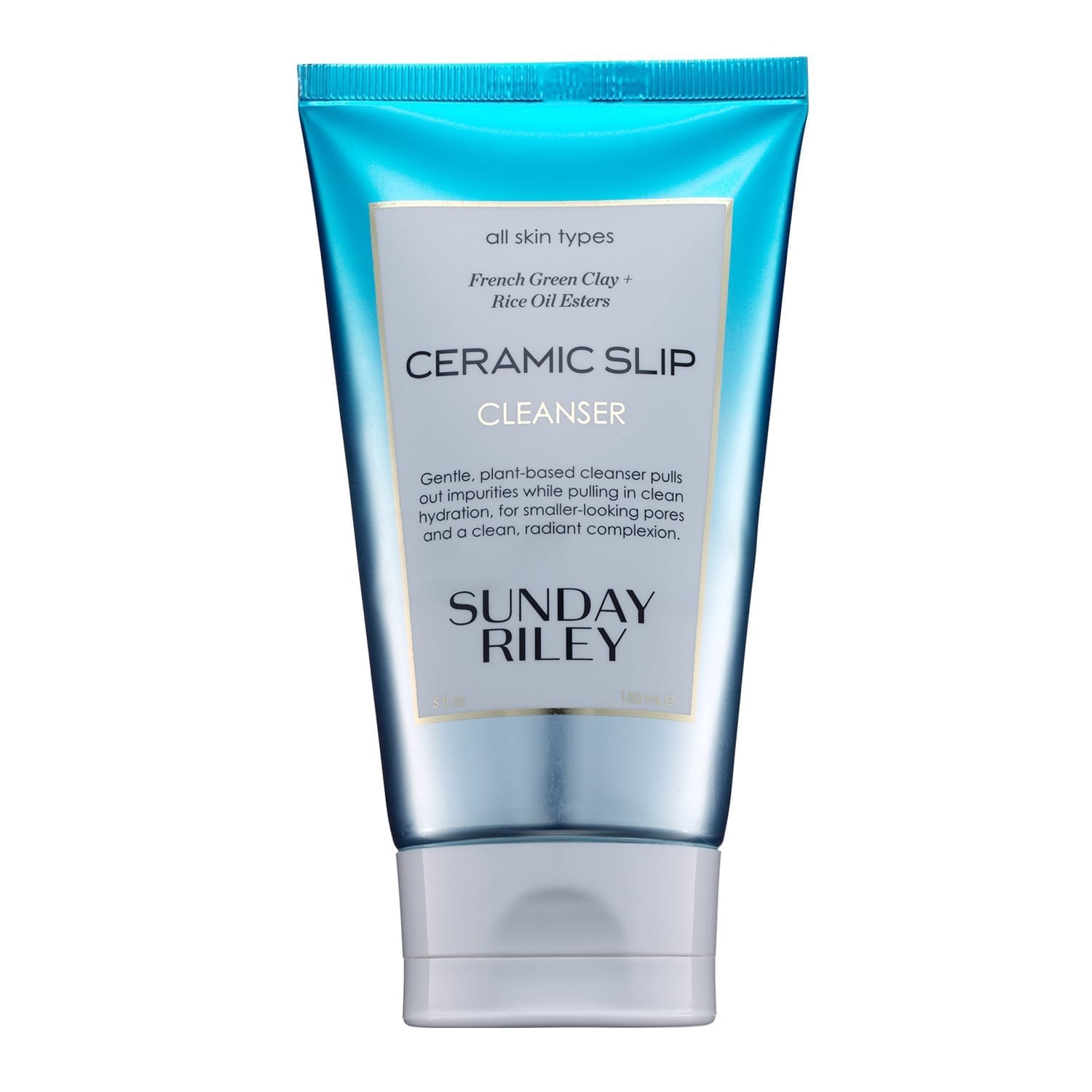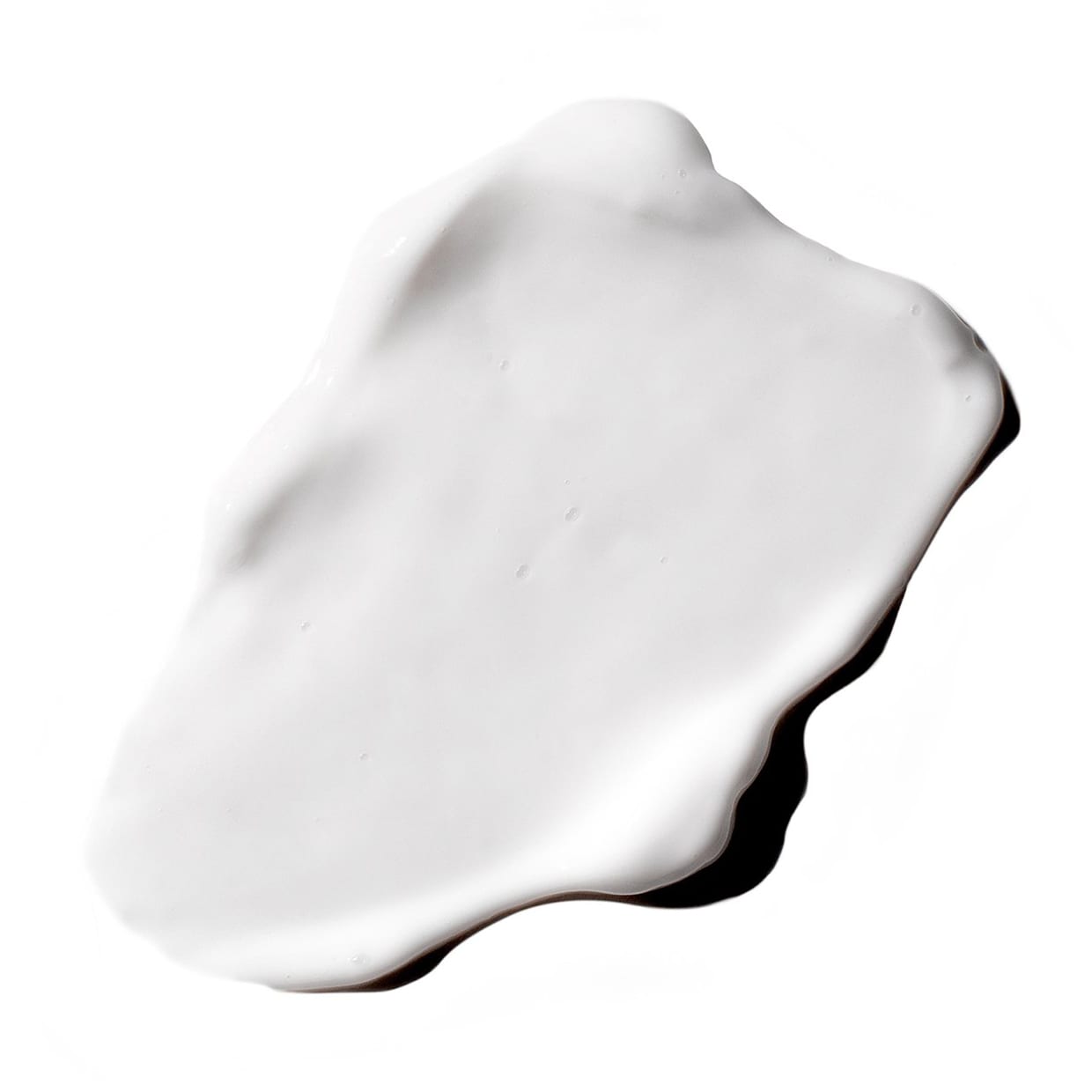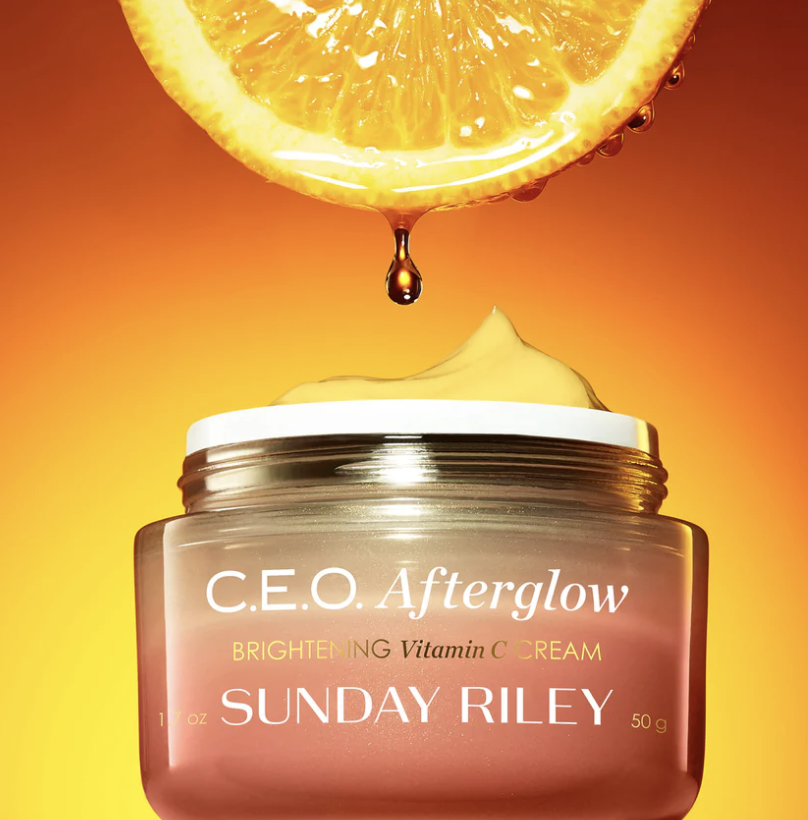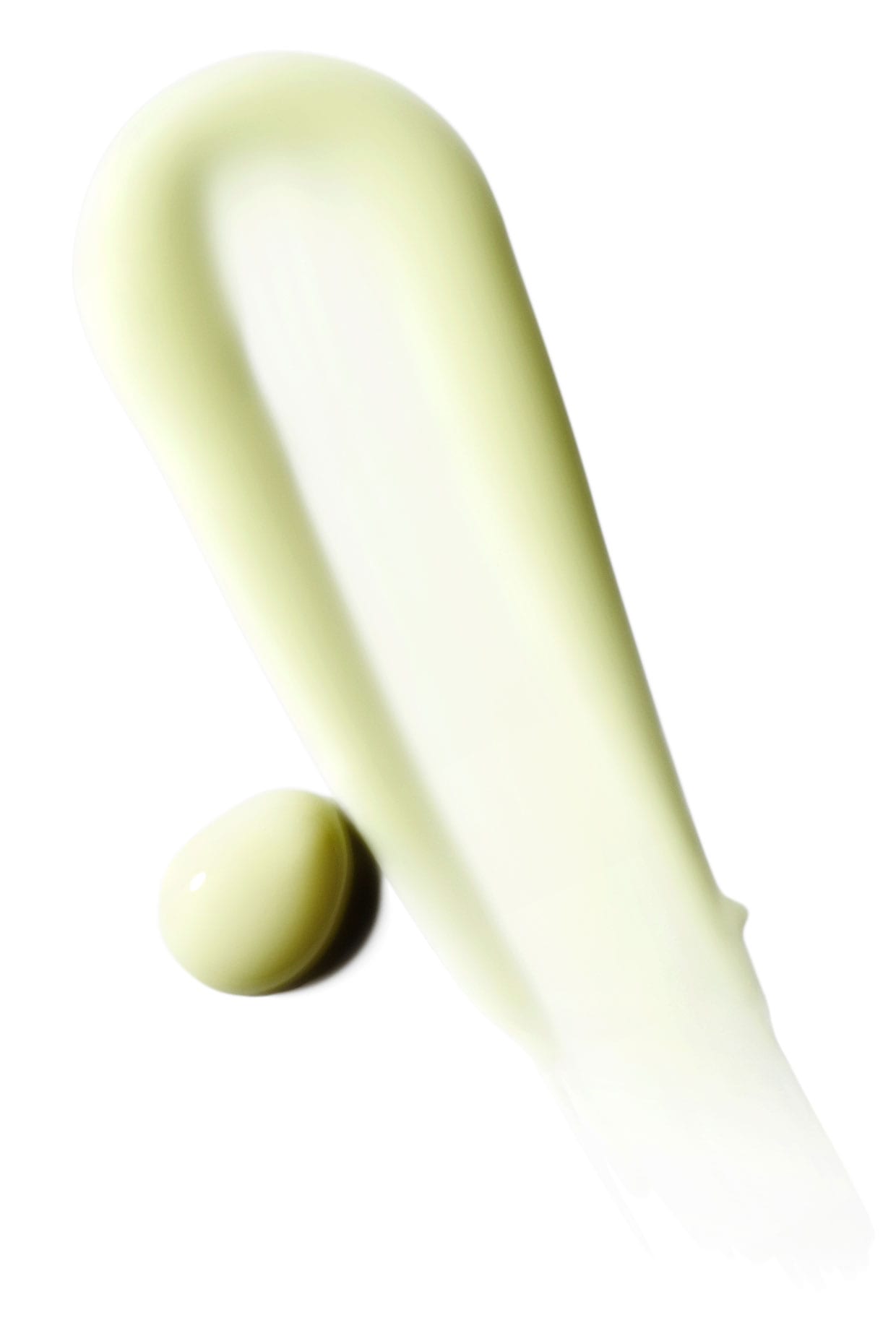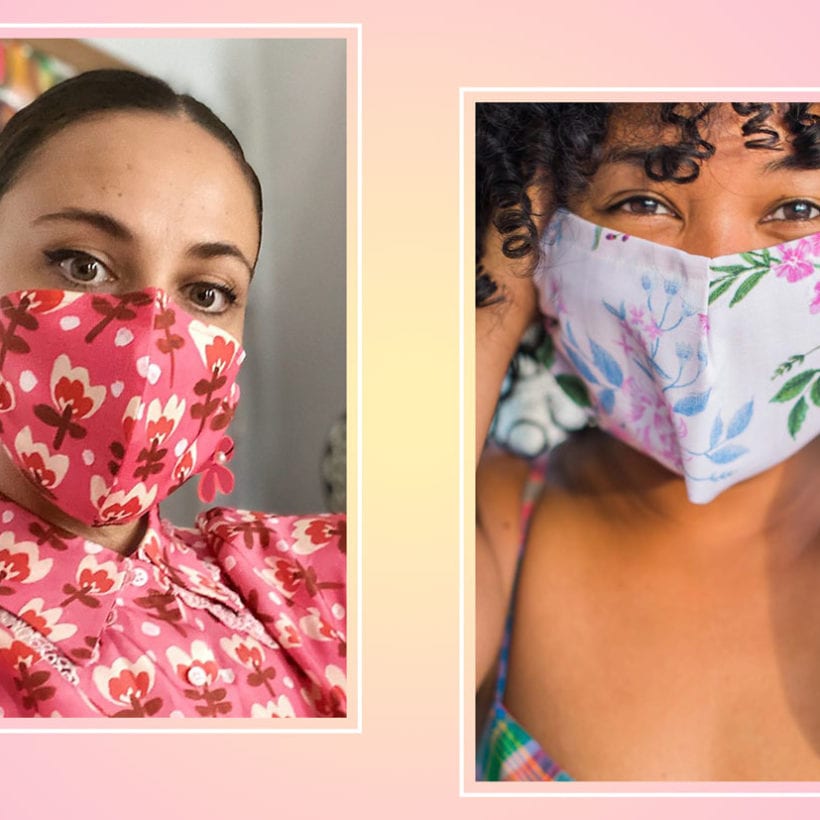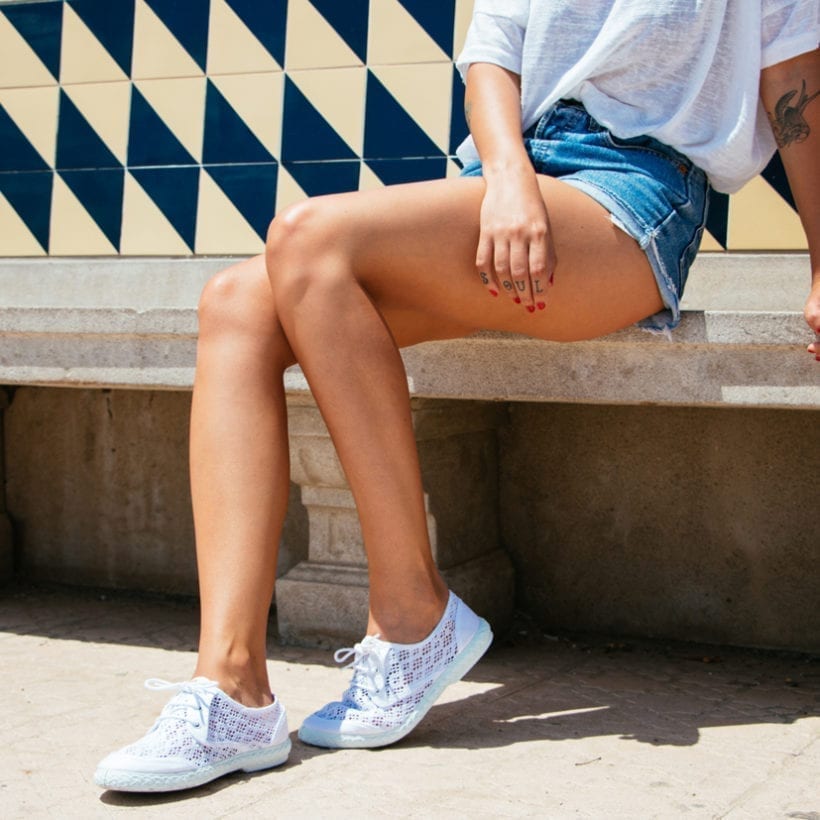There is something about the summertime that forces me to reimagine my life as I know it. “Summer” on television, after all, is not a season but a verb. If you “summer” properly you will have:
- Casually met the love of your life
- Mastered the art of beach waves
- Broken up with said love because you two are headed in different directions… “but we’ll always have summer” you say before parting
What the movies do not mention is that summer is often a sweaty, acne-ridden disaster. Especially if you are still using the same products you were using in the winter. “As second-nature, it is to swap out your wardrobe with season changes, I recommend transitioning your skincare routine during the summer months. Just as the seasons change, so does the state of your skin,” says Claire Chang, M.D. a board-certified cosmetic dermatologist at Union Square Laser Dermatology.
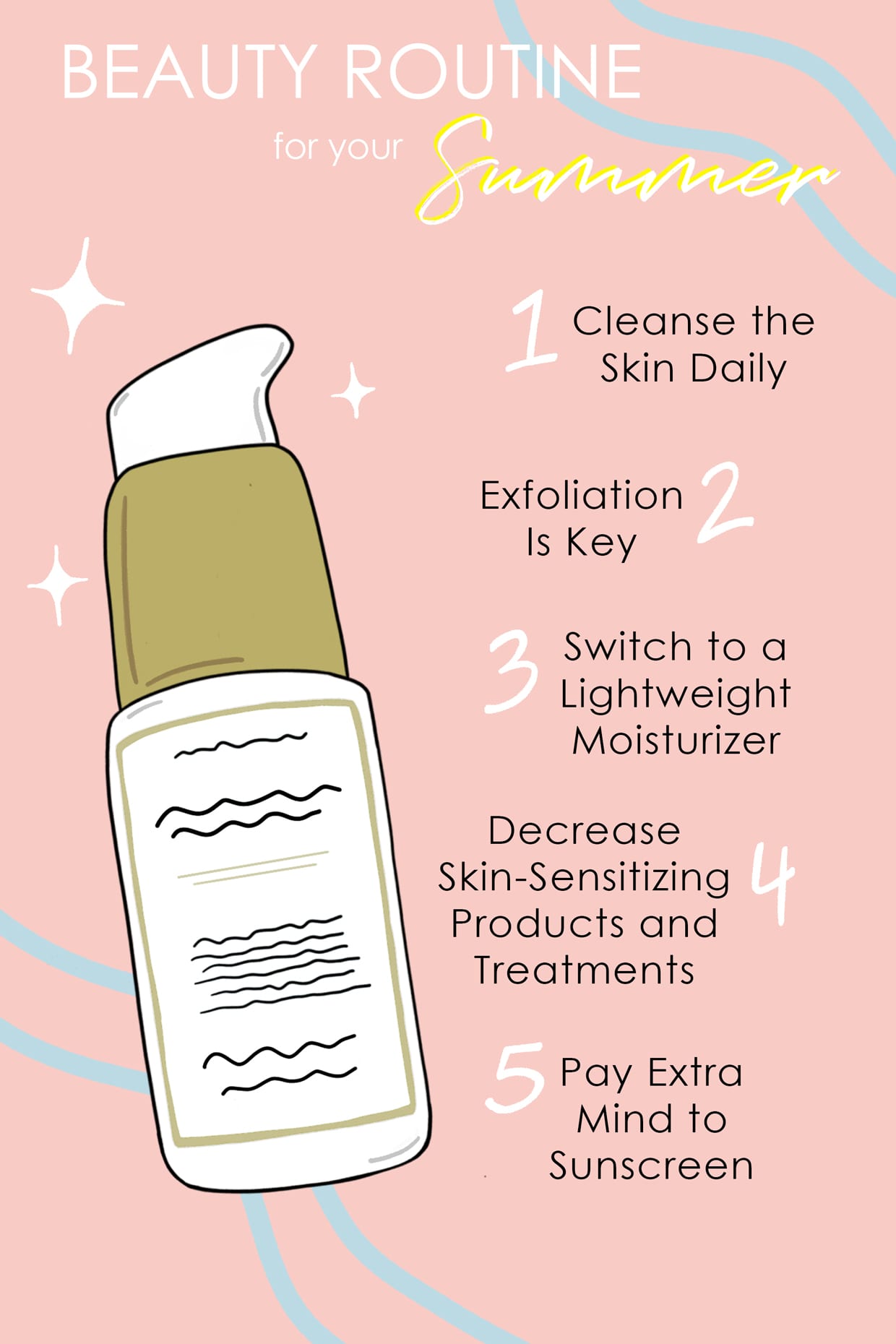
“In the summertime, the skin produces higher levels of oil and sweat, is more hydrated, and has more visible pores as compared to the winter. The summer months also come with more heat, humidity and UV exposure,” she adds. But not to worry sweaty, we asked the experts for some tips.
Cleanse the Skin Daily
It goes without saying, but you need to cleanse your skin both morning and night, especially during the summertime. “Given increased oil and sweat production, it is important to cleanse your skin regularly. Frequent use of gentle cleansers will remove excess build-up of oils, sweat, and make-up that may clog the pores and trigger breakouts,” says Chang. “Hot, humid weather and excess sweat predisposes your skin to multiple issues, including fungal skin infections. It is important to keep your skin clean and dry throughout the day,” she adds. “You need to wash your face more at night to remove sunscreen residues, and increase antioxidant use during the day if you’re spending more time outdoors thus subject to move environmental damage,” adds Julie Russak, M.D., at Russak Dermatology in New York City. Look for cleansers or products that contain salicylic acid as it goes deep into the pores to unclog pores and remove impurities.
Exfoliation Is Key
Using gentle exfoliants can help clean out your pores and keep your skin fresh. “Exfoliants can also help lighten brown spots that develop during the summer months. I recommend using salicylic acid to help clear the pores. Glycolic acid or kojic acid can help exfoliate and brighten the skin. Be cautious of excess sun exposure after using exfoliants, which can make your skin more sensitive to UV rays,” says Chang.
Switch to a Lightweight Moisturizer
Because the weather is more humid and the skin is oilier during the summer, Chang recommends switching from your rich, thick creams to a lightweight moisturizer. “Lotions have a higher water content and tend to be more lightweight than creams. Creams, on the other hand, have a higher oil content and are thicker than lotions. Thicker products may clog your pores and increase your risk for acne breakouts,” she adds.
When scouring the internet keep an eye out for antioxidants as they help protect the skin from sun damage and environmental factors throughout the day. “Antioxidants do not take place of sunscreen but can be used in combination with sunscreen to help protect and repair the skin. I recommend vitamin C, a powerful antioxidant that fights free radicals, stimulates collagen production, and brightens the skin. Niacinamide is an effective antioxidant and anti-inflammatory ingredient that has anti-aging and skin brightening properties,” says Chang.
Decrease Skin-Sensitizing Products and Treatments
If you took a break from using retinols during the winter due to excessive dryness, Chang suggests picking it back up. She says, “Retinols have strong evidence for its anti-aging properties, helping to increase skin cell turnover, increase collagen production, and reducing brown spots.”
However, be careful as some products thin the epidermal layer of or skin, making our skin more sensitive to sunburns. “I like to use an antioxidant serum underneath a moisturizer and a sunscreen, as antioxidants help reduce free-oxygen radicals that are created with UV damage. It is always helpful to ask your dermatologist if you have product questions or concerns,” says cosmetic dermatologist Jordan Carqueville, M.D.
Pay Extra Mind to Sunscreen
Sun protection is essential all year around, but especially in the summer months with the longer days, stronger UV rays, and longer time outdoors explains Chang. “Sun exposure increases the risk of sunburns, photoaging, fine lines and wrinkles, and skin cancer. Sunscreen is the most important part of everyone’s daily skin regimen, no matter your skin type,” she says.
Russak recommends mineral sunscreens, which contain zinc oxide and titanium dioxide. “Mineral sunscreens provide broad-spectrum coverage, protecting against both UVA and UVB, both of which can cause long-term damage to skin health. Mineral sunscreens tend to have decreased risk of systemic absorption and allergic reactions compared to chemical sunscreens,” she explains. Do not forget sunscreen on all sun-exposed areas, including your neck, chest, arms, and legs and remember to reapply every 2 to 3 hours.
We only recommend products we have independently researched, tested, and loved. If you purchase a product found through our links, Sunday Edit may earn an affiliate commission.

